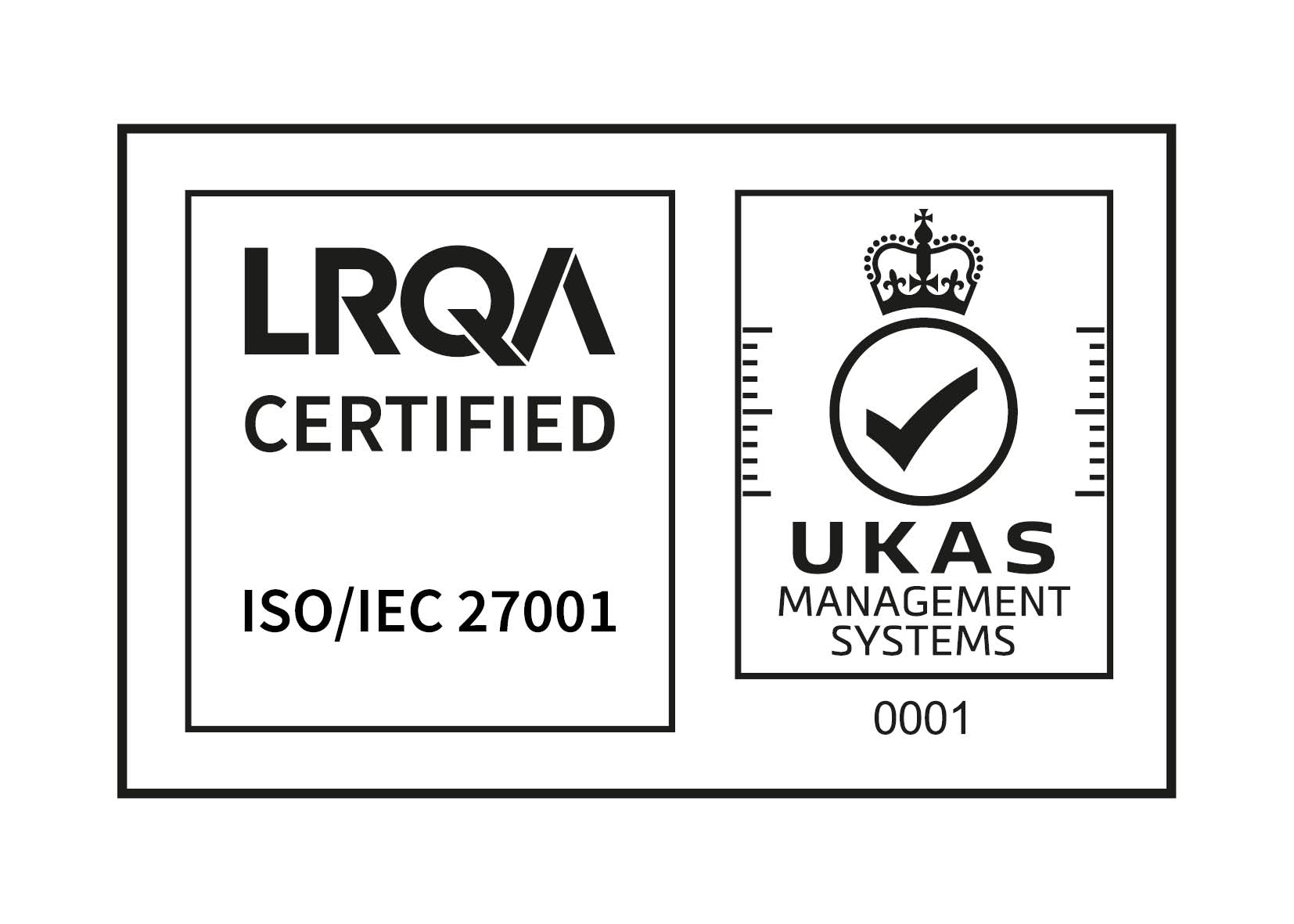[市场分析] Driving ESG in Family Offices
(此页内容只提供英文版本)
Phrases like environmental, social and governance (ESG), climate change, green bonds and green financial hubs have been dominating the financial markets, including insurance companies, as well as family offices. While it has a positive impact on society, it also creates trillion dollars of new opportunities, especially in the R&D space. Over the last two decades, there are hundreds of different ESG rules and standards between regulators, companies and jurisdictions which have caused a lot of friction and confusion about ESG investments and adoption. A new international body will be formed in mid-2022 and this should help step up the promotion of ESG.
In Hong Kong, led by the Insurance Authority (IA), insurance companies have started to implement ESG principles across various business functions and improve ESG disclosures. Ma Ho-fai, non-executive director of the IA, said that insurers, being a sizeable institution, should have a significant role to play in addressing climate change through impact investments. Hong Kong insurance companies can play their parts in Hong Kong’s green finance hub. Hong Kong, as a gateway to China, can support China’s net zero emission goals.
According to a recent PwC survey, ESG-related insurance products remain limited in Hong Kong, amounting to around 2% of the market, which remains an untapped opportunity for Hong Kong. While we have seen a big jump in the issuance of green bonds or impact funds in recent years, a big “headache” for asset managers and the insurance companies has been the lack of an agreed set of common ESG standards and definitions. A ESG compliant investment in one jurisdiction may not be recognised in another when local ESG standards are applied.
In Asia’s family offices, the other “headache” that we see is the emergence of the next generation of investors with an increasing appetite for investment in ESG-related assets and technologies, against traditional financial assets in the old economy, that were typically favoured by older generations. ESG investments often have a longer timeframe in terms of investment returns, which is often not favoured by older generations who are used to monitoring performance from time to time. This is the gap which family office advisors like Lioner are trying to bridge between the generations.
The “gap” in ESG is a very good opportunity that allows the future generations to demonstrate their capabilities and readiness to show how these impactful investments can contribute to society, as well as blend the same into their family core values. This approach also allows the next generation to take up greater responsibility in the establishment and operations of family offices and succession planning from the early stages. Research from Barclays Private Bank in 2020 showed that all generations agreed that responsible investing is important and that the millennial generation is the driving force behind the shift towards sustainable investments.[1] This way of leveraging the passion of next generations will be of great help.
In a global low interest rate environment and with financial markets flooded with liquidity, traditional assets, such as government bonds, are unlikely to deliver expected returns in the long run. Hence now is a very good opportunity for family offices to diversify into alternative investment opportunities, such as property, private equity and green investments, for more sustainable returns while contributing to society at the same time.
According to the PwC Family Business Survey in 2021, family businesses that aim to succeed in the future require a new approach, which includes prioritising sustainability goals and professional family governance. In fact, 80% of family businesses surveyed by PwC give back through social responsibility activities and 55% of them are willing to lead on sustainability.[2] Embracing ESG is a recipe of long-term success and the key is how to implement the successful strategy across generations and apply the same priorities in family offices. More importantly, planning and operations of family offices should be reviewed over time to reflect the latest change of family priorities and the business and social environment.
At Lioner, we see ESG as an important aspect of succession planning and wealth preservation. We can assist clients to integrate ESG value drivers into family office models. Building solid governance frameworks by taking ESG concerns of multiple generations into consideration, experienced consultants at Lioner are able to support clients throughout the journey to build a foundation that lasts.
[1] https://www.ftadviser.com/investments/2020/11/25/how-esg-can-help-succession-planning/
[2] https://www.pwc.com/gx/en/services/family-business/family-business-survey.html

